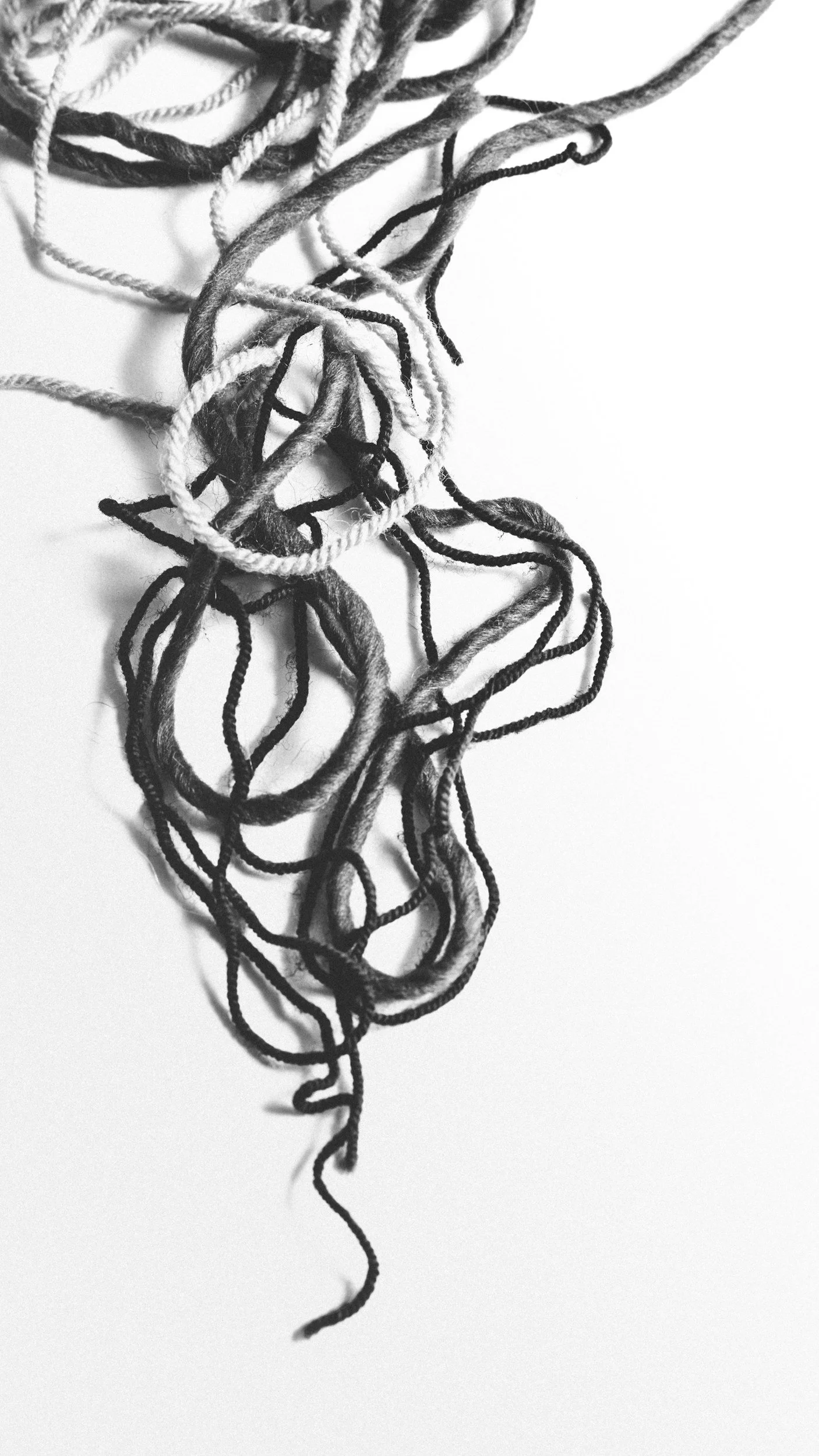Obsessive-Compulsive Disorder (OCD)
Obsessive-compulsive disorder, otherwise known as OCD, is one of the most misunderstood diagnoses. It is much more than being particular about dirty rooms or organization. OCD is diagnosed by a psychologist when someone has obsessions or compulsions that are causing problems and getting in the way of living a happy, fulfilling life. An obsession is a recurring thought or urge that is stressful and hard to suppress. These thoughts can be violent, sexual, or focus on our doubts and fears. The idea you might harm someone you love, do something inappropriate, or be contaminated are common examples. Obsessions are upsetting because they are things that we do not want to have happen.
People often worry that an obsessive thought means there is something wrong with them or that they actually want the thing to happen. In most cases, an obsession becomes an obsession precisely because it is so contrary to what you want or who you really are. A compulsion is a recurring thought or urge that is stressful and hard to suppress. Examples include checking, cleaning, ordering, counting and asking for reassurance. We all have upsetting thoughts, and it’s natural to try to come up with a way to deal with them. Only, for people with OCD, this desire to feel better leads to a trap. The things they do to try to feel better only make the whole situation worse.
You can be diagnosed with OCD if you have obsessions or compulsions, but many people with this disorder have both. They become a vicious cycle that is difficult to escape without help. For instance, obsessions about intruders may lead to anxiety. If you are feeling anxious about intruders, you might check all the windows and doors. Then you feel a little bit better. Soon, the “what if” thoughts creep back in again. What if I missed a window? What if I didn’t check carefully enough? What if that stupid latch on the back door wasn’t fully engaged? Pretty soon your anxiety is high again. Since the only way you have been able to find relief in the past is to check the windows and doors you do it again. Understandably. But this cycle can accelerate and take over a person’s life. People with OCD spend an hour or more a day in this cycle-in some cases it can take up nearly every waking moment.
Do not be mistaken, OCD is much more than attention to detail. At the core of the matter, obsessions are incredibly painful, and compulsions are time consuming, stressful, and may throw off your whole day. It’s time to feel more in control of your life. At Great Lakes Mental Health, we can help you make sense of these obsessions and compulsions. Depending on your situation, we may use cognitive behavioral therapy and/or exposure and response prevention.
-

What is OCD? – How Intrusive Thoughts Can Derail Your Life
April 30, 2025

